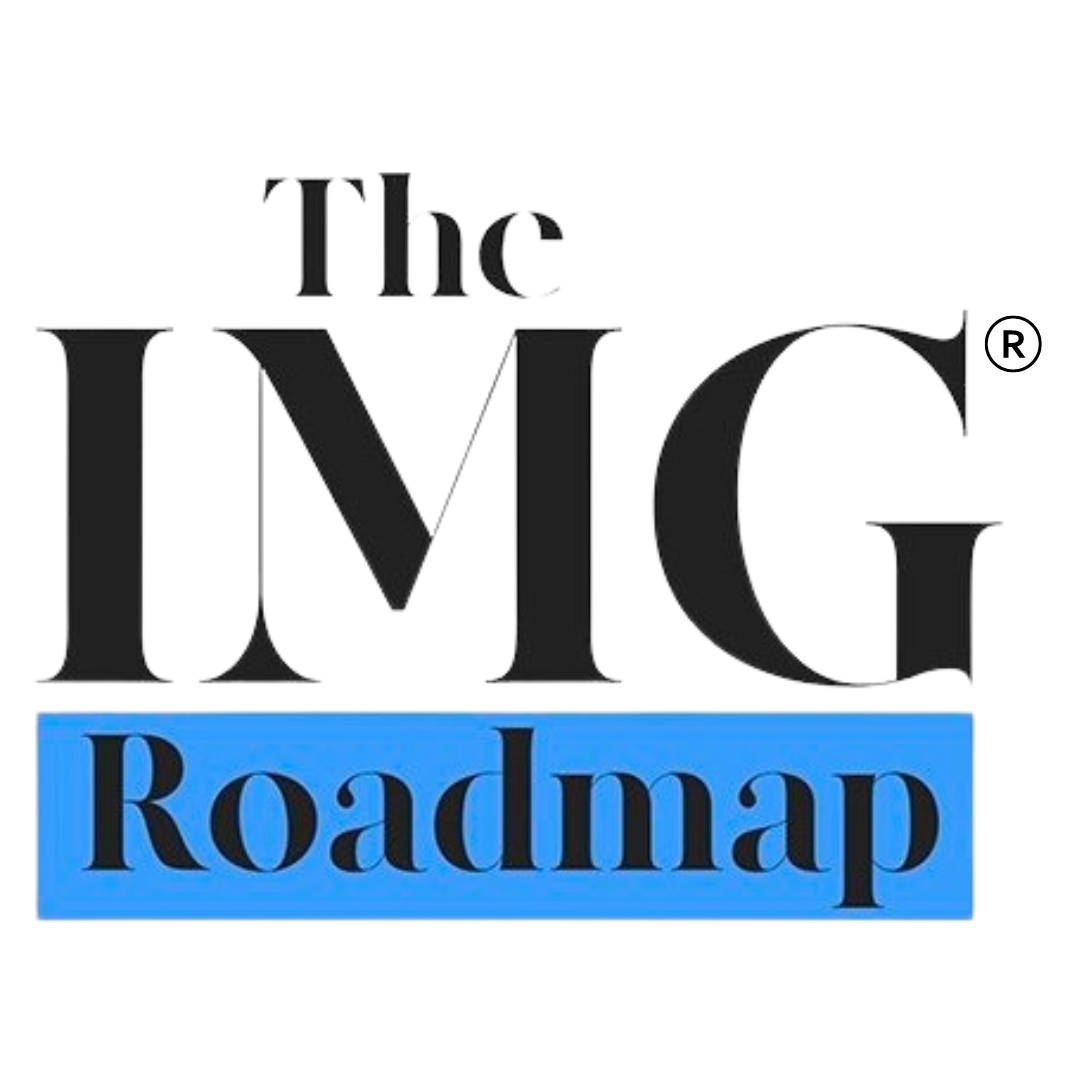Should I do an Observership?
 This is a common question I receive from several IMG's across the country.The American Medical Association (https://www.ama-assn.org/education/international-medical-education/observership-program-listings-international-medical ) outlines that observerships are designed to help IMG's adapt to the practice of medicine in the United States. But some of the IMG's I've met will tell you stories of THE "one rotation" that made a difference to where and how they matched.In my opinion, the answer to who needs an observership varies depending on who poses the question i.e. IMG from a Caribbean Medical School (CMS) vs. IMG from a NON-Carribean Medical School (NCMS). For the purpose of this article, I may use these abbreviations moving forward.Students from schools located in the Caribbean have the advantage of doing 3rd-year clerkships at US hospitals, and within that year they can plan towards scheduling a few "away/audition rotations" for the 4th year. This is a lot easier than we think of it to be and I explain how to do this in a separate article. IMG's from CMS who fail to match on the first attempt benefit most from observerships only when performed at teaching hospitals or programs where they can obtain invested mentorship or sponsorship.If you are a graduate from a medical school that doesn't offer US rotations as part of their curriculum then that is where I believe observerships can play a vital role in your application. For those physically located outside of the US, these can be challenging to secure, but check out AMA's list of observership programs for IMG's here.In all, the observer should have specific attainable goals with seeking out observerships. This means if your observership doesn't fulfill one of the following criteria it may not be of added value to your application packet and deserves re-evaluation. These are included but not limited to:
This is a common question I receive from several IMG's across the country.The American Medical Association (https://www.ama-assn.org/education/international-medical-education/observership-program-listings-international-medical ) outlines that observerships are designed to help IMG's adapt to the practice of medicine in the United States. But some of the IMG's I've met will tell you stories of THE "one rotation" that made a difference to where and how they matched.In my opinion, the answer to who needs an observership varies depending on who poses the question i.e. IMG from a Caribbean Medical School (CMS) vs. IMG from a NON-Carribean Medical School (NCMS). For the purpose of this article, I may use these abbreviations moving forward.Students from schools located in the Caribbean have the advantage of doing 3rd-year clerkships at US hospitals, and within that year they can plan towards scheduling a few "away/audition rotations" for the 4th year. This is a lot easier than we think of it to be and I explain how to do this in a separate article. IMG's from CMS who fail to match on the first attempt benefit most from observerships only when performed at teaching hospitals or programs where they can obtain invested mentorship or sponsorship.If you are a graduate from a medical school that doesn't offer US rotations as part of their curriculum then that is where I believe observerships can play a vital role in your application. For those physically located outside of the US, these can be challenging to secure, but check out AMA's list of observership programs for IMG's here.In all, the observer should have specific attainable goals with seeking out observerships. This means if your observership doesn't fulfill one of the following criteria it may not be of added value to your application packet and deserves re-evaluation. These are included but not limited to:
- Opportunity for exposure with a residency program to gain a favorable experience with a program and its core faculty staff and residents
- CLEAR learning objectives i.e. to familiarize one's self with the US medical system, EMRs, novel appliances, and the US method of patient-physician interaction
- To obtain an impressive LOR, preferably from the director or high ranking faculty member in the field of your interest
- Ability to seek a mentor in your field of interest. Mentor vary from sponsors in that the sponsor advocates on your behalf while a mentor shows you what to do to advocate for yourself.
- CV boosting experience i.e. reputable programs etc
- Research opportunities (only if they align with your goals and or requirements )
- Social benefits i.e. networking (details in this article linked here)
In conclusion, I caution IMG's to be watchful of private practices that take advantage of them. I've heard horror stories of IMG's who worked at clinics owned by midlevel providers for minimal or no-compensation. Others paid large amounts to rotate through scanty practices (with physicians who had no interest in their education) just to obtain a generic letter of recommendation which did not serve as an advantage. It is important to remember that the quality of the education you receive on any rotation supersedes the need to list a rotation on your CV. I strongly recommend you broaden your search, travel across the country if that is what it takes to get quality teaching.To answer the question; I strongly recommend that you participate in rotations that offer you one or two of the bulleted items. Be sure to make your intentions known to the program as well, exhibit a strong work ethic and watch things roll out in your favor.
